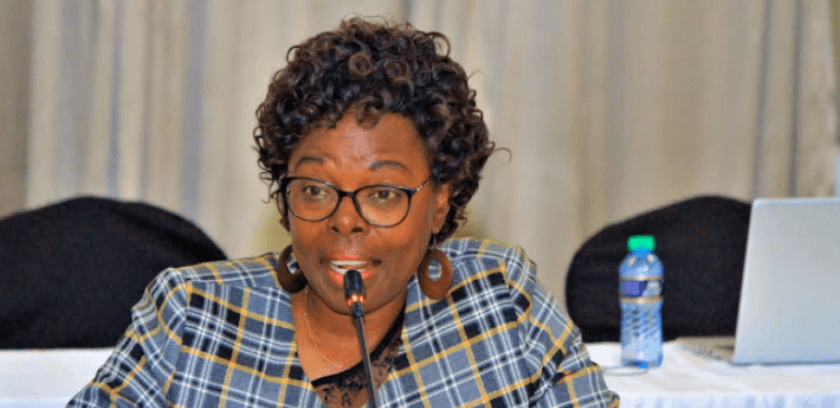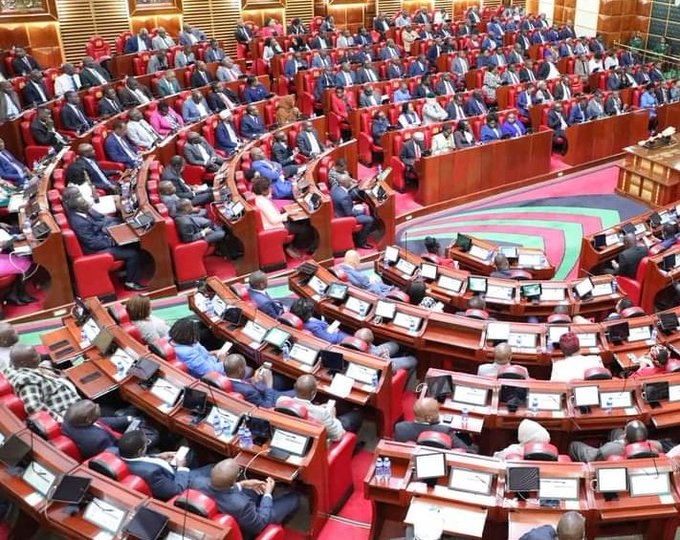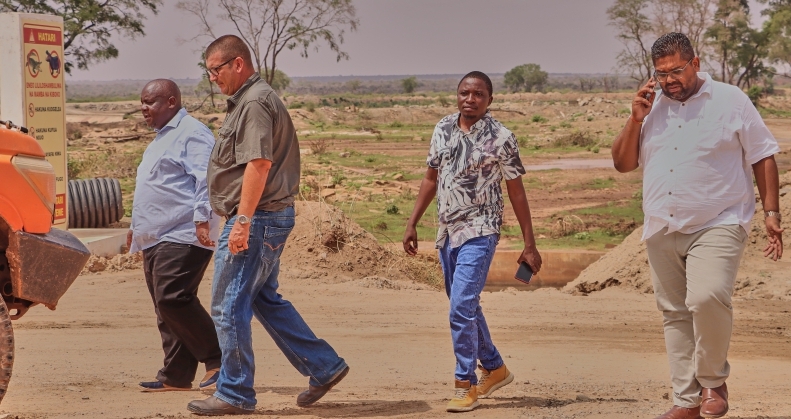Picture this, you are a medical intern on your first week of placement in a hospital. Your senior colleagues, who should guide you, typically ‘step out’ daily after midday.
You are left alone in the hospital with a thick stack of patient lists, swamped with nursing calls, questions from family members and a patient due for caesarean section.
Some desperate interns said they turn to Google or YouTube then follow their guts to do an operation, sometimes with negative implications.
“You go and operate on a patient, you make an incision until you cut intestines, because you don’t know how much pressure to put,” said one medical intern.
This is not an isolated experience. Most medical and nursing interns said they felt like a child thrown in the deep end of a pool not knowing how to swim.
Their experiences are documented in a new study conducted in Kenya in 2021 and 2022.
It was led by researchers from the Kemri-Wellcome Trust Research Programme, University of Oxford, University of Warwick and King's College London.
The researchers were investigating the concept of liminality. This is the ‘in-betweenness', involving uncertainty as people leave one social context and reintegrate into a new one.
For instance, when doctors and nurses transition from training to practising as health professionals.
They interviewed 121 new graduate medical doctors and nurses undergoing internship training. They also conducted seven focus groups.
The final paper, Examining liminality in professional practice, relational identities and career prospects in resource-constrained health systems: Findings from an empirical study of medical and nurse interns in Kenya, was published last week in the Social Science and Medicine journal.
Kenyan health trainees must complete a one-year supervised internship prior to being registered to practise.
However, the quality of this internship is now being put to question.
One doctor intern described the “confusing” and “terrifying” experience of suddenly moving from being a medical student to being a real doctor.
“You are taught about the decisions [as a medical student], but you never really make the decisions. Then, one morning, you wake up and it is like: ‘Daktari (doctor), what do we do? ‘Actually, I was terrified',” the intern said.
The students described how more experienced health workers paradoxically expected interns to perform critical tasks competently without support, while simultaneously viewing them as incompetent.
“When I came [into internship], I was left with an entire ward on my own, I didn't even know how to manage it,” said one nursing intern.
Kenya posts nearly 5,000 health interns every year.
The Ministry of Health has, for instance, this year, posted 4,156 interns across six cadres, including 1,735 doctors (1,214 medical officers, 496 pharmacists and 25 dentists), 874 nurses, 506-degree clinical officers and 1,930 diploma clinical officers.
The first shock for these interns is the reality on the ground. Most medical training hospitals are relatively well equipped.
Also, during formal training, interns had been trained to make clinical judgements and decisions based on evidence.
Yet during internships, without the resources, equipment and diagnostics they needed to carry out investigations in line with formal training, interns were “forced to treat and manage patients purely on the clinical acumen and not [based] on evidence-based medicine,” one intern said.
Some nurse interns described senior staff breaching nursing practice standards. One nurse intern said senior colleagues give high doses of oxytocin to expectant women to induce labour, contrary to doctors' prescription.
This is to make the women give birth quickly for the nurses to go home or sleep on night duty.
One of them described these practices as “medical witchcraft”.
Many interns said they felt belittled, treated like students and having their opinions about patient care disregarded by more experienced colleagues.
Degree nurse interns described how their formal knowledge ‘threatened’ experienced nurses trained to diploma level.
The authors said these experiences can inform efforts to improve the medical internship in Kenya.
"A deeper understanding is essential to inform policy and practice that better responds to the changing nature of heath care practice and health professions in Kenya, other LMICs and globally,” the authors said.
But being thrown into the deep end was not all bad.
The interns described learning skills to transcend different levels of professions’ status and expertise.
“Nurses can really mess you up … but once you approach people as equals, they are able to get to your level. Some of them have been in the profession for, like, thirty years … You are seeing it for the first year,” one medical intern said.
Degree nurse interns described how they learned to work with their employed, diploma colleagues.
“Convince them in a good way like: ‘You know Sister, while you do this and this, research says this and that and the current protocol says this’. Most of them will buy your idea,” said one intern.
















